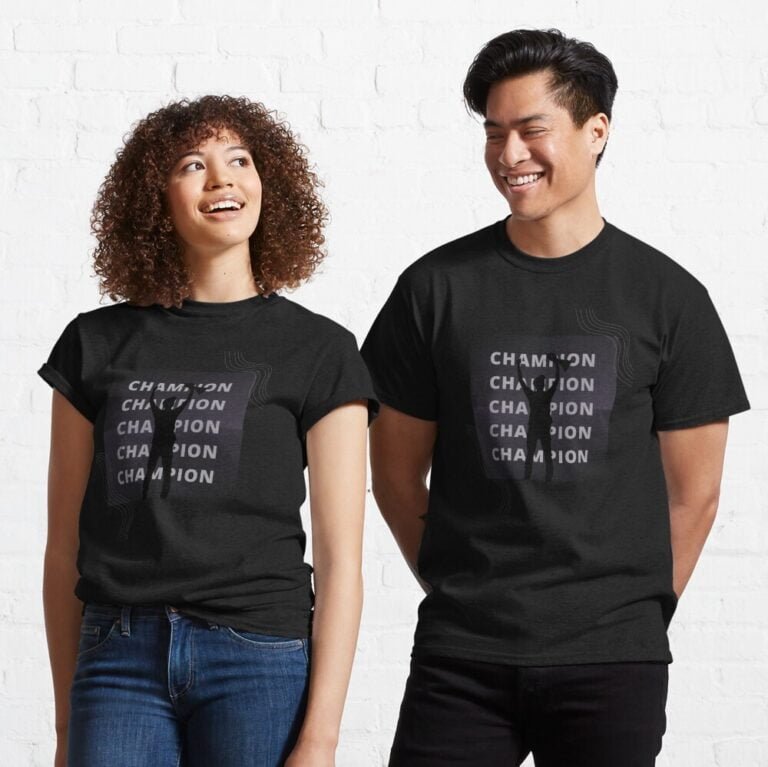Oily hair can be frustrating to manage, but understanding the causes can help you keep it under control. Sebum, the natural oil produced by your scalp, plays a crucial role in hair health. However, excessive sebum can lead to greasiness, requiring specific hair care strategies. Let’s delve into what you need to know about oily hair and sebum production.
The Recommended Shampooing Frequency for Oily Hair
One common question is, how often should you shampoo oily hair? It’s essential to find a balance that works for your specific hair type and scalp condition. Generally, washing your hair every other day is a good starting point. This frequency helps to control oil without stripping your scalp of its natural moisture. Over-washing can lead to an increase in sebum production as your scalp tries to compensate for the loss of natural oils.

Factors That Affect Oiliness and Shampooing Needs:
- Hair Type: Fine hair tends to get oilier faster than coarse hair.
- Scalp Condition: A healthy scalp can regulate sebum production better than one that’s dry or irritated.
- Environmental Factors: Humidity and pollution can increase oiliness.
- Lifestyle: Your diet, stress levels, and physical activity can affect sebum production.
- Hair Products: Using products that are too heavy or not suited for your hair type can exacerbate oiliness.

Techniques to Manage Oily Hair Between Washes
- Dry Shampoo: It absorbs excess oil and adds volume. Check out our guide on Choosing The Right Shampoo For Your Hair Type.
- Oil Blotting Sheets: These can be used to remove oil from your scalp throughout the day.
- Hairstyles for Oily Hair: Opt for styles that can disguise greasiness, such as braids or updos.
- Scalp Care for Oily Hair: Regular exfoliation can help keep your scalp healthy and reduce oiliness. Learn more about Natural Haircare Tips for Beautiful, Healthy Hair.
When to Adjust Your Shampooing Routine for Oily Hair
It’s crucial to recognize signs that you might be over-washing or under-washing your hair. Over-washing can lead to a dry, irritated scalp and increased oil production. Under-washing can leave your hair looking greasy and limp. Look for indicators such as:
- Increased scalp irritation or dryness
- Hair looking greasy despite frequent washing
- Changes in hair texture or volume
Adjust your shampooing frequency accordingly and consider consulting a dermatologist for personalized advice.
Conclusion: Finding the Right Shampooing Balance for Healthy, Manageable Oily Hair
For more tips on managing different hair types, visit our hair care section. To explore natural hair products that can help with oily hair, check out our product recommendations.
Disclaimer:
This article is for informational purposes only and is not intended as professional medical advice. Always consult with a healthcare professional for medical advice or treatment.













